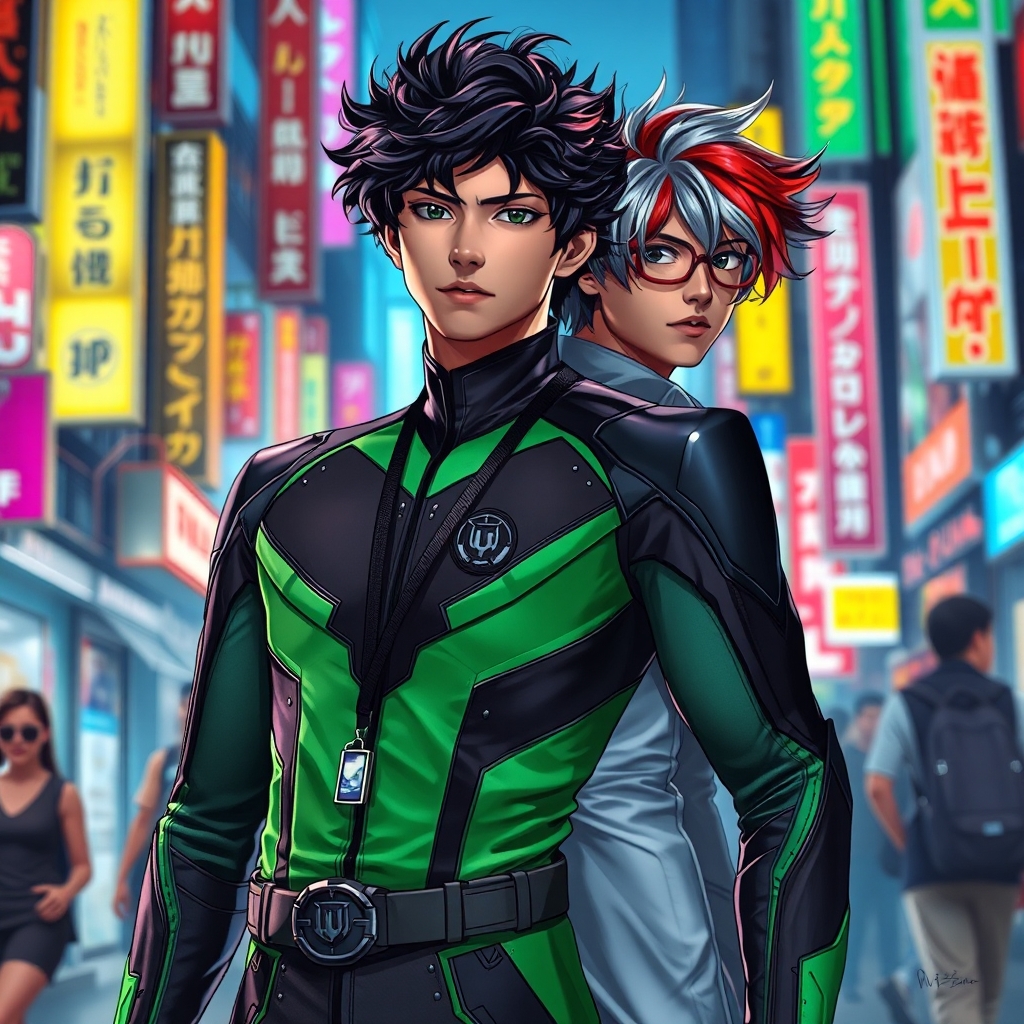
The Evolution of Character Design in My Hero Academia
“My Hero Academia,” a popular anime and manga series, has captivated audiences worldwide with its unique blend of superhero themes and character development. One of the standout features of the series is the evolution of its characters’ styles, reflecting not only their growth but also the trends within the anime and fashion industries.
Influences of Superhero Culture
The design of characters in “My Hero Academia” draws heavily from traditional superhero aesthetics. From vibrant costumes to distinctive quirks, the characters embody the essence of what it means to be a hero. The iconic outfits often serve as a visual representation of their personalities and powers. For instance, Izuku Midoriya’s green and black suit symbolizes his journey from an insecure boy to a confident hero.
Trendy Transformations
As the series progresses, we witness significant transformations in the characters’ designs. Outfits evolve in response to their experiences, battles, and personal growth. Characters like Shoto Todoroki and Bakugo Katsuki showcase how their styles adapt to reflect their inner struggles and triumphs. For instance, Shoto’s two-tone hair and fire-and-ice quirk create a striking visual that captures his dual nature, while Bakugo’s explosive personality is mirrored in his edgy, dynamic costume.
Fashion Trends and Cultural Impact
The designs in “My Hero Academia” do not merely serve the narrative; they also resonate with contemporary fashion trends. The blend of streetwear and traditional anime styles creates a unique aesthetic that appeals to a diverse audience. Fans often draw inspiration from these characters, leading to a rise in cosplay and merchandise that reflects their favorite heroes. The series has effectively blurred the lines between anime and fashion, making it a cultural phenomenon.
Character Customization and Personal Style
Another significant aspect of character design in “My Hero Academia” is the customization of outfits. Many characters have unique accessories or modifications that reflect their personal style. For example, Ochaco Uraraka’s casual yet functional clothing highlights her approachable personality, while the flamboyant designs of characters like All Might emphasize their larger-than-life personas. This attention to detail allows fans to connect with the characters on a deeper level.
Conclusion: A Trendsetting Influence
The character designs in “My Hero Academia” illustrate how anime can influence fashion and vice versa. By embracing trendy transformations, the series showcases the importance of style in storytelling. The evolution of these characters not only enhances their narratives but also sets trends that resonate with fans, making “My Hero Academia” a significant player in both the anime and fashion worlds.
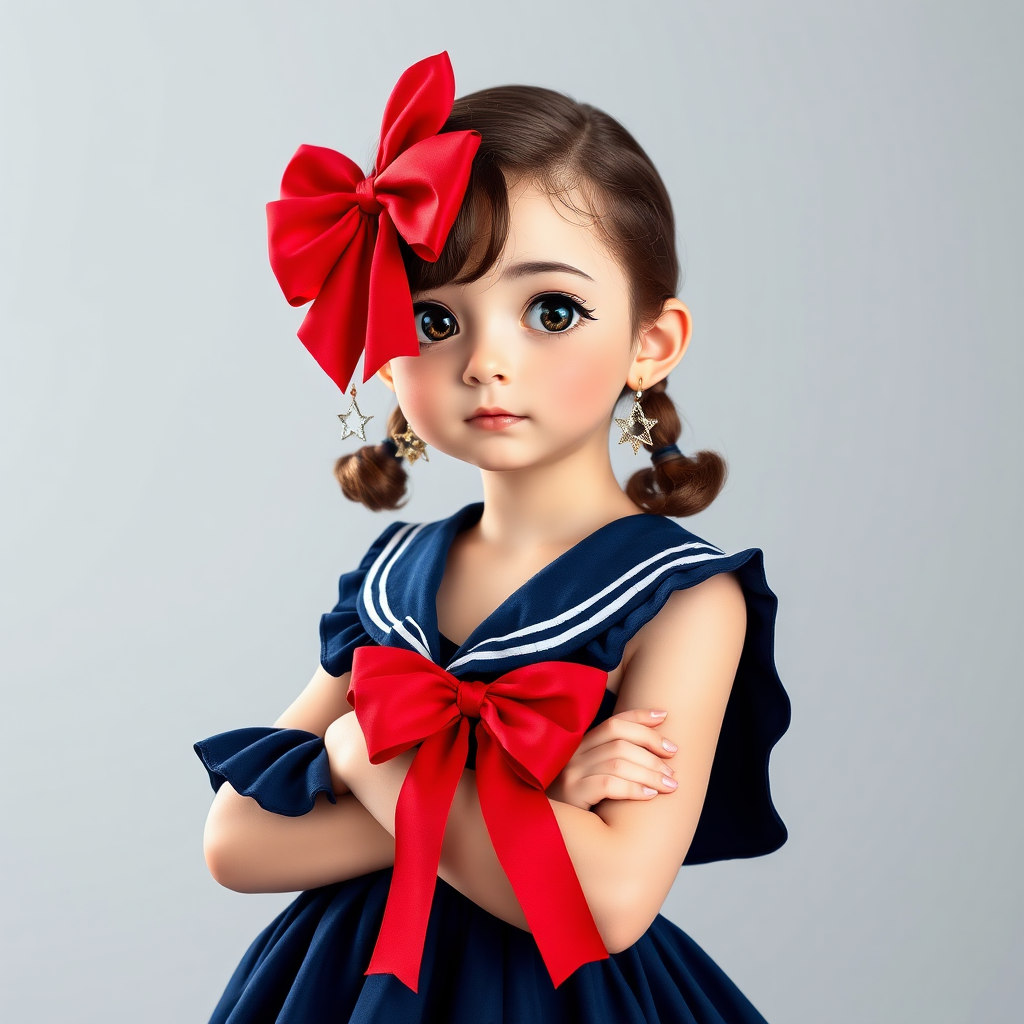
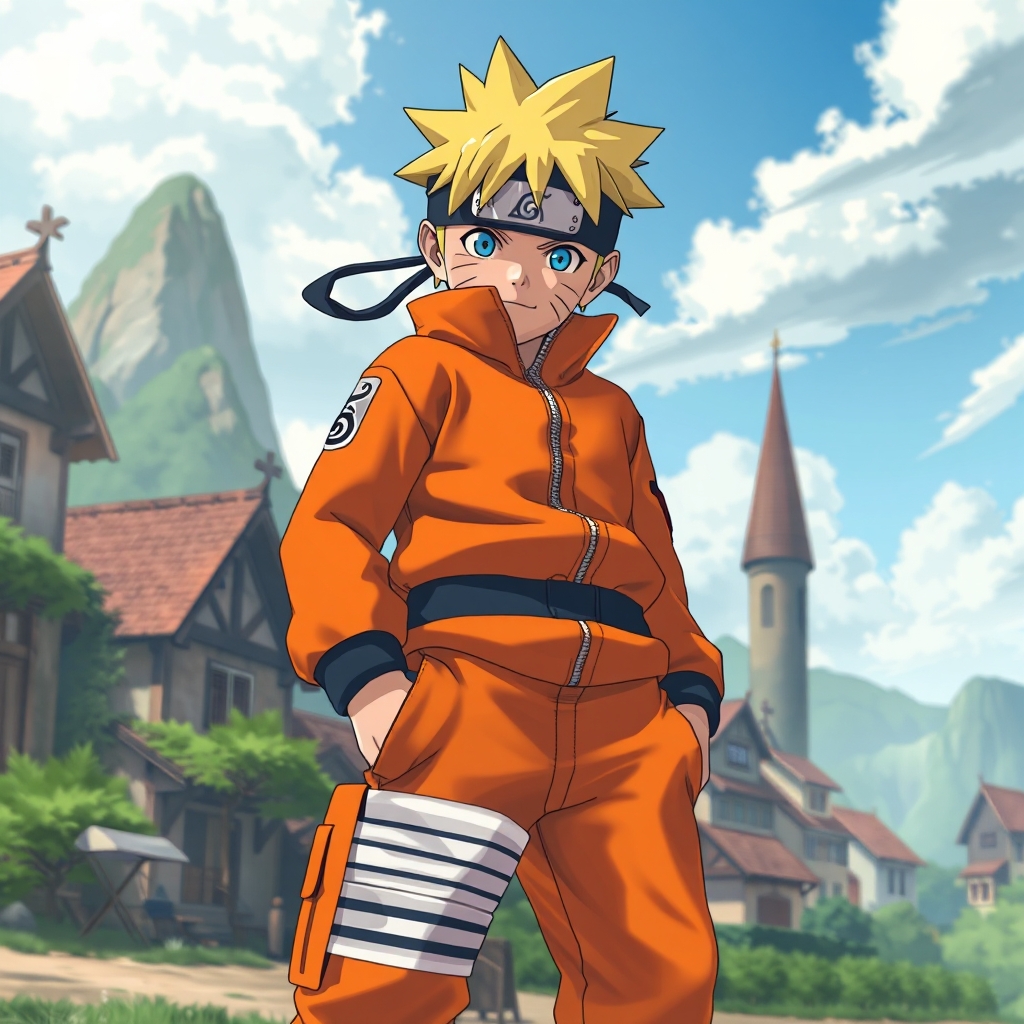
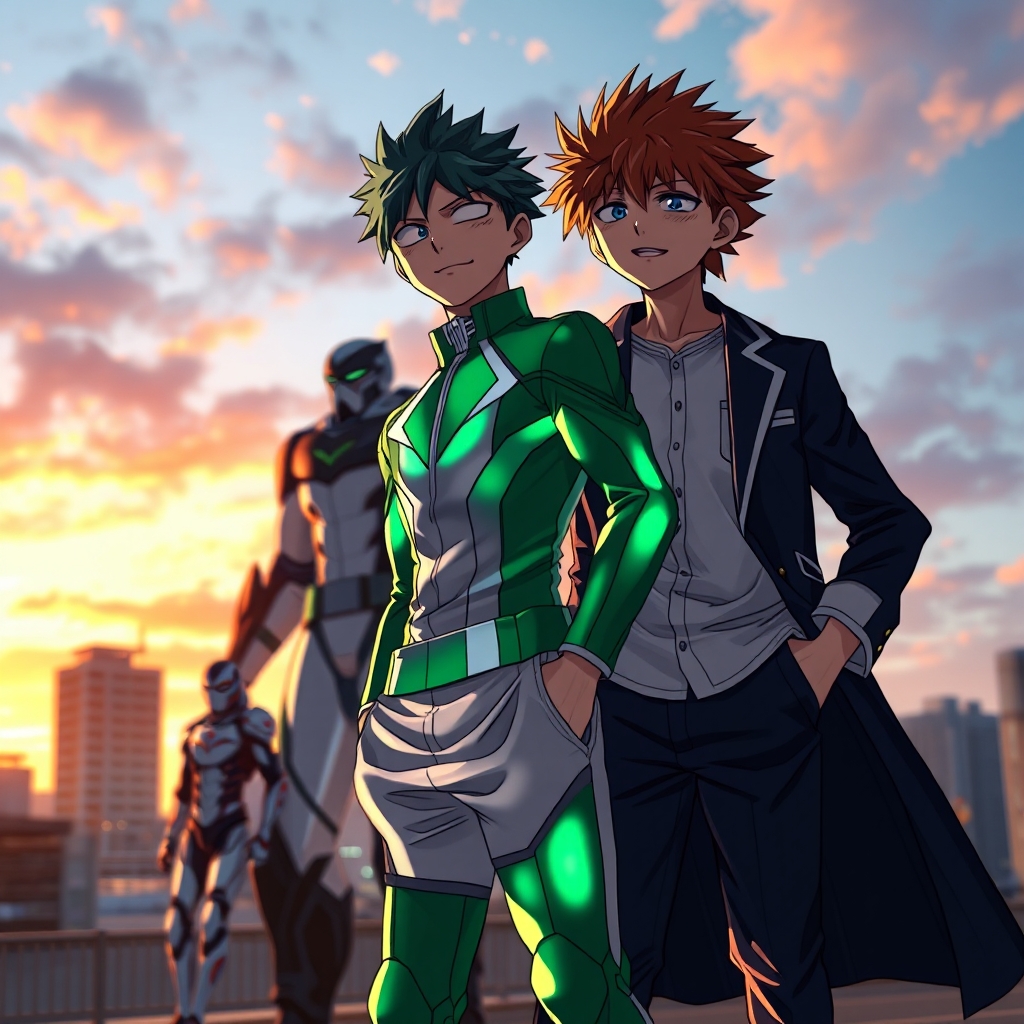
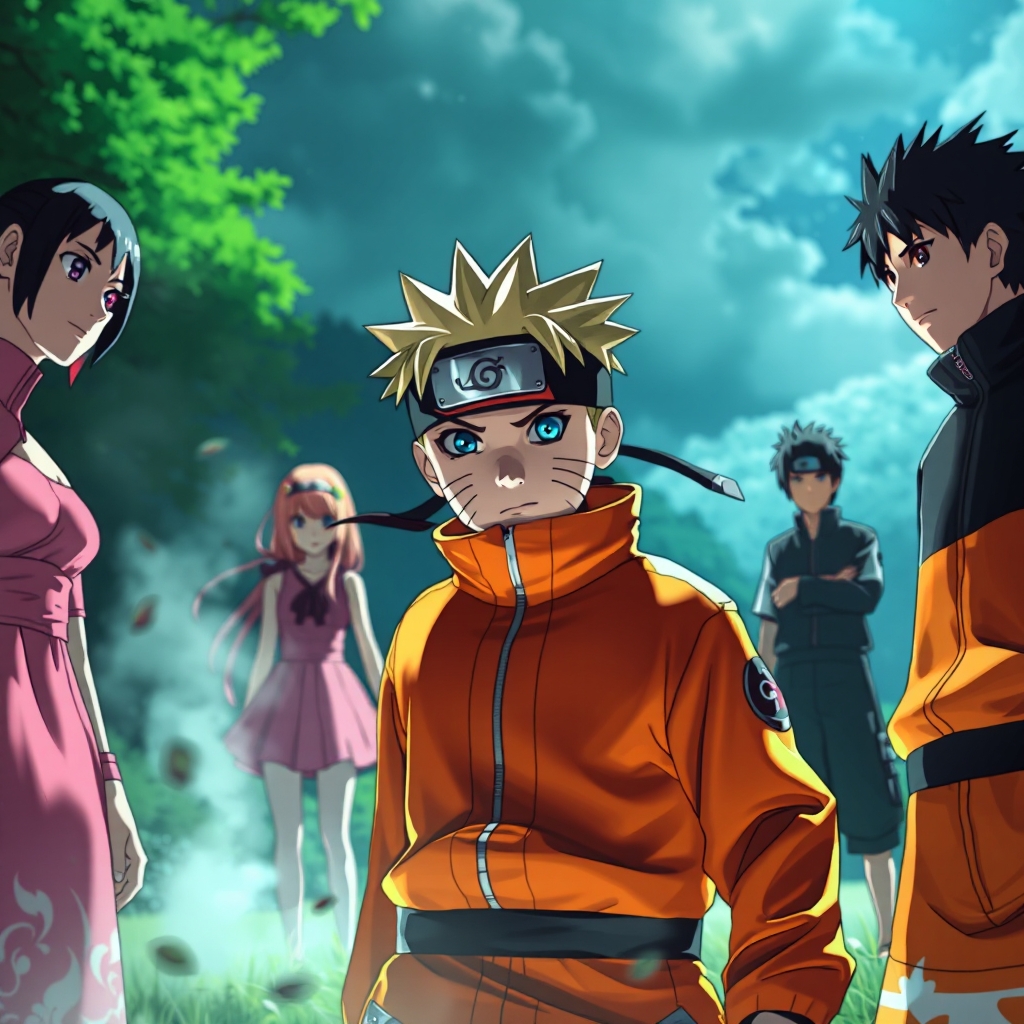
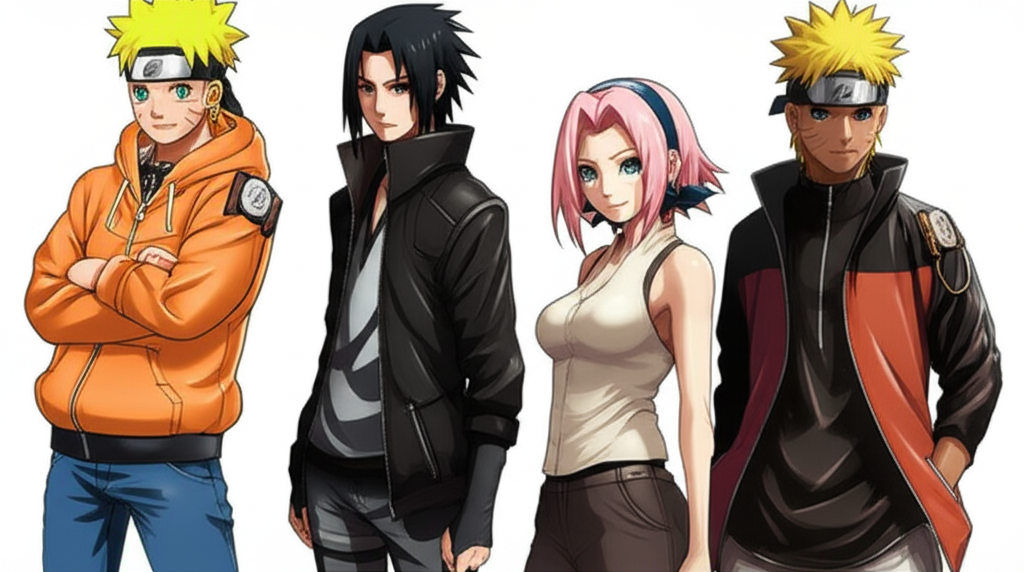
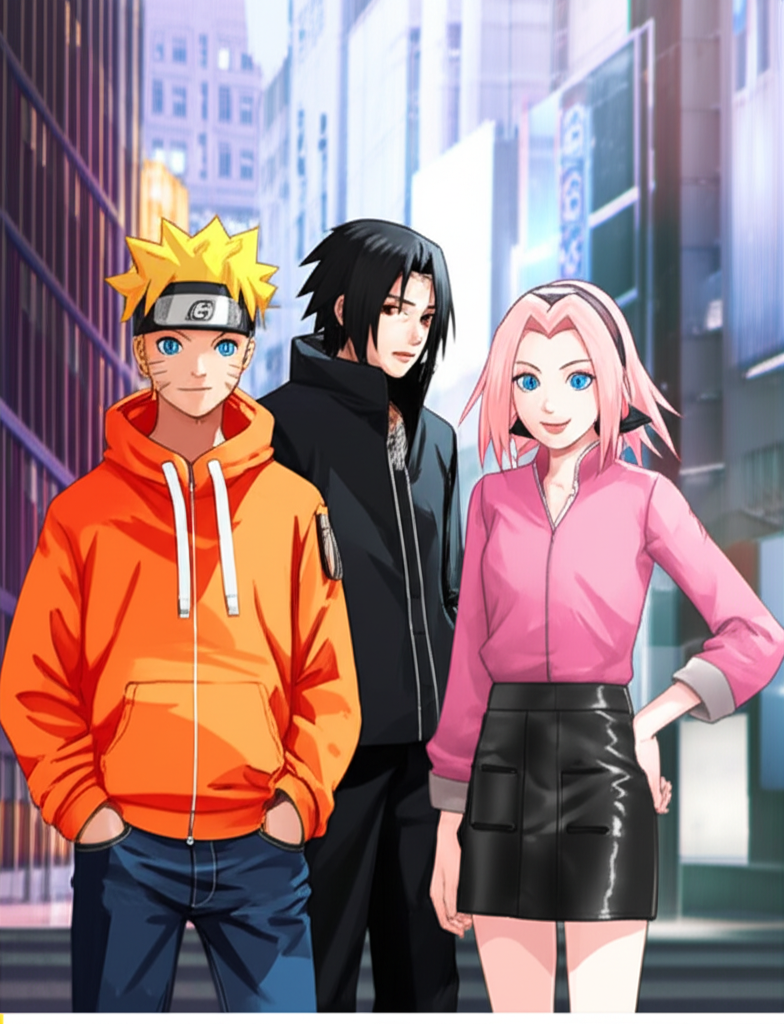
Latest Reviews